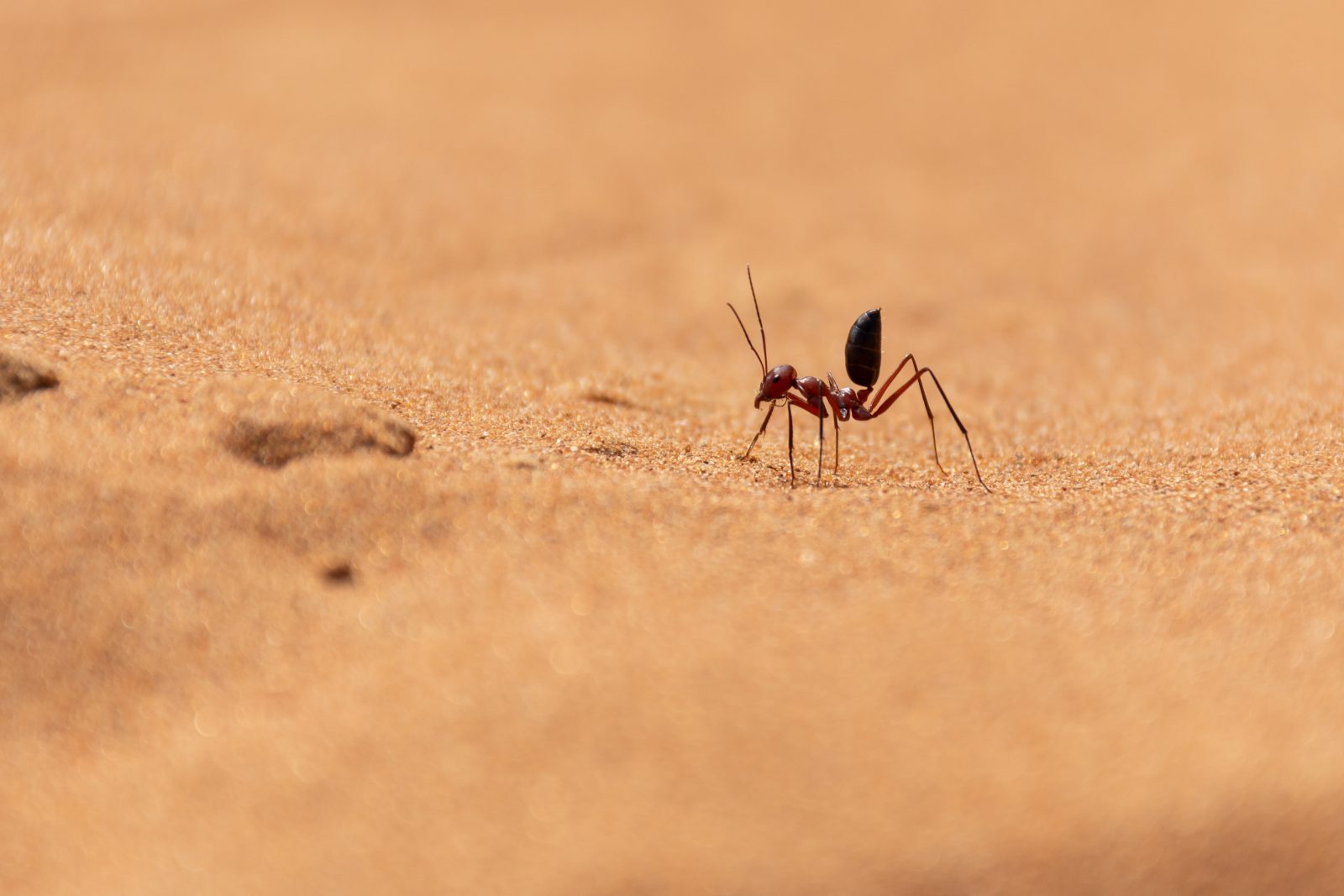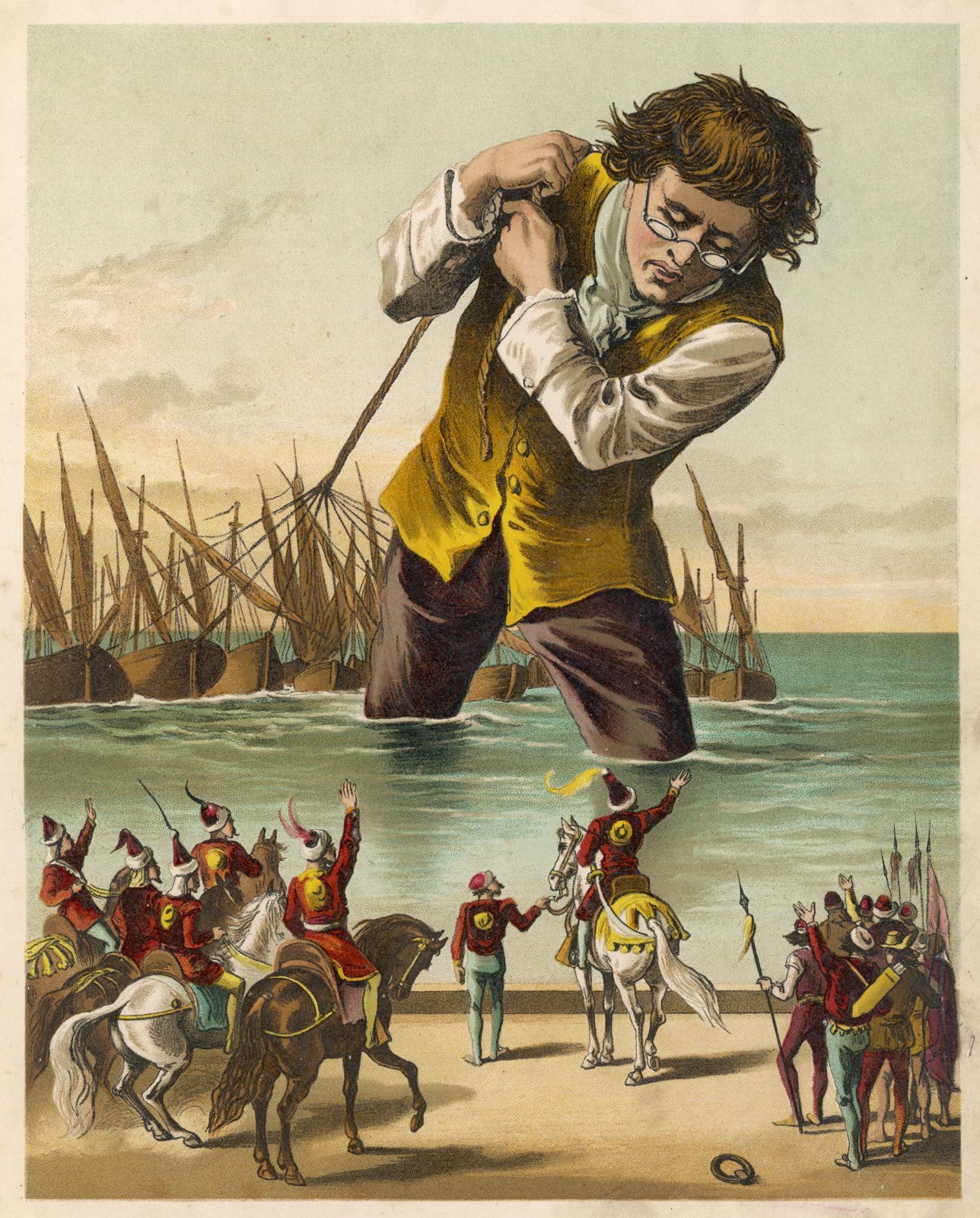
Animal Algorithms Webinar: Desert Ants and Honey Bees
Today’s ID the Future brings listeners the first half of a recent live webinar featuring author Eric Cassell fielding questions about his intelligent design book, Animal Algorithms: Evolution and the Mysterious Origin of Ingenious Instincts. Center for Science and Culture associate director Casey Luskin hosts. They begin the webinar discussing Cassell’s unique set of qualifications for writing the book, and then they move into a conversation about the amazing desert ant, a master navigator from birth, able to integrate multiple navigation sensors despite having an incredibly tiny brain. Cassell argues that these innate skills point to algorithms programmed into the ant’s brain and genome, and that such programming is far better explained by intelligent design than by any blind evolutionary process. Also making an appearance in this first half of the webinar: the integrated wonder of the honey bee colony.
